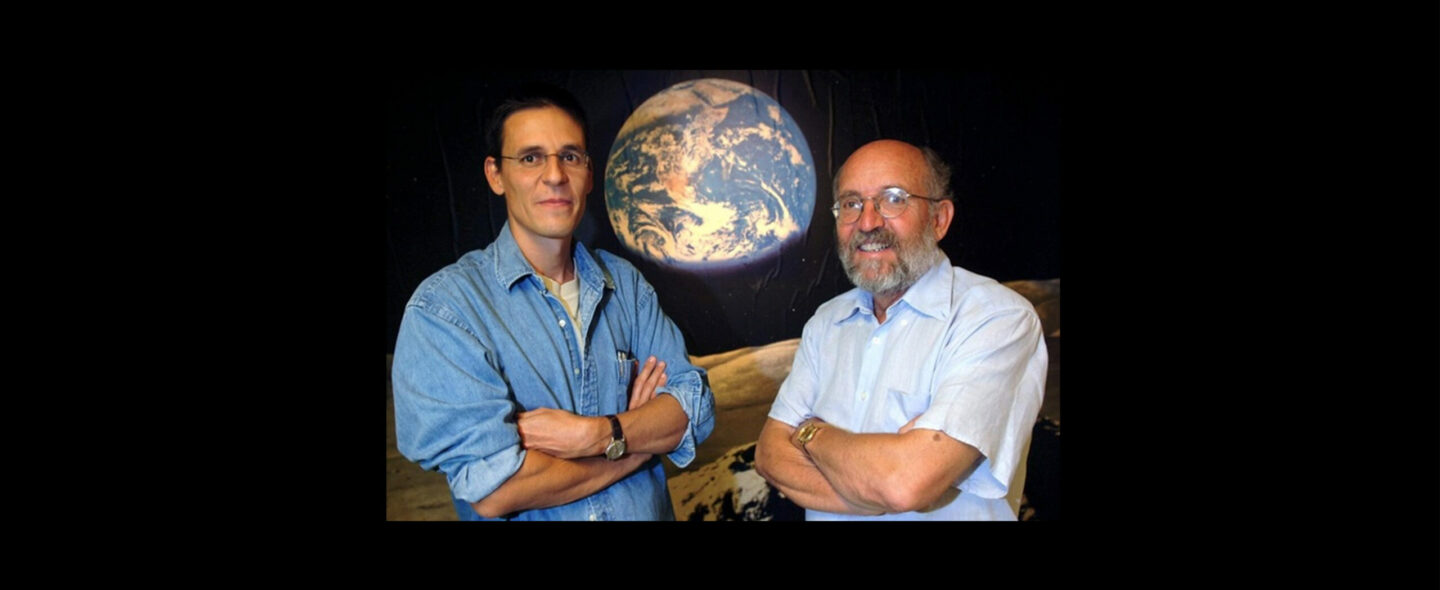
Two Swiss Scientists awarded the Nobel Prize in Physics
On October 8, 2019, Swiss scientists Michel Mayor and Didier Queloz were jointly awarded the Nobel Prize in Physics, together with Canadian-American James Peebles for their groundbreaking work on cosmology and exoplanet.
09.10.2019, Shanghai, China – On Oct 10th, 2019, The Royal Swedish Academy of Sciences in Stockholm announced that Swiss scientists Michel Mayor and Didier Queloz from the University of Geneva have been jointly awarded the US$ 910,000 prize with Canadian American cosmologist James Peebles, Princeton University. “This year’s Nobel Prize in Physics rewards new understanding of the universe’s structure and history, and the first discovery of a planet orbiting a solar-type star outside our solar system,” according to the Nobel committee, “the discoveries have forever changed our conceptions of the world.”
“Simply extraordinary”
Astrophysicist Michel Mayor, 77, and astronomer Didier Queloz, 53, both of the University of Geneva, were honored for their discovery of the first exoplanet — a planet outside our solar system that orbits a sun-like star. Back in October 1995, they sparked a revolution in the search for life elsewhere in the universe when they discovered 51 Pegasi B, a gaseous ball comparable with Jupiter at time when, “no one knew whether exoplanets existed or not.” Mayor and Queloz were able to find the exoplanet using a sophisticated technique known as Doppler spectroscopy, which measures the tiny wobble of a star that occurs as the star-planet pair move around a common center of gravity. This wobbling movement alternately blueshifts and redshifts the light from the star. “This discovery is the most exciting of our entire career, and to be awarded a Nobel Prize is simply extraordinary,” Mayor and Queloz in a statement on Tuesday. “Maybe we can discover some form of life, we don’t know what kind of form.” Scientists have now identified more than 4,000 exoplanets, which are deemed by scientists have good conditions for life.
Swiss Excellence in Education and Innovation
The Nobel Prize in Physics is widely regarded as the world’s most prestigious award and is often a strong indicator of outstanding research on a national level. Switzerland, renowned for its research, occupies a top position on the Nobel Prize charts with 28 Nobel Prizes (21 Scientific) awarded since 1901. The small alpine country boasts 32.77 Nobel laureates per 10 million inhabitants, dwarfing the United States’ 11.48 and the European Union’s average of 9.44. Among these Swiss scientists was Albert Einstein, who received the 1921 Nobel Prize in Physics for his contributions to theoretical physics. Switzerland is able to consistently hold leading positions in international education, research and innovation indicators thanks to its world-class higher education and research institutions, supported by a robust economy and favorable governmental policies.
Download Press Release